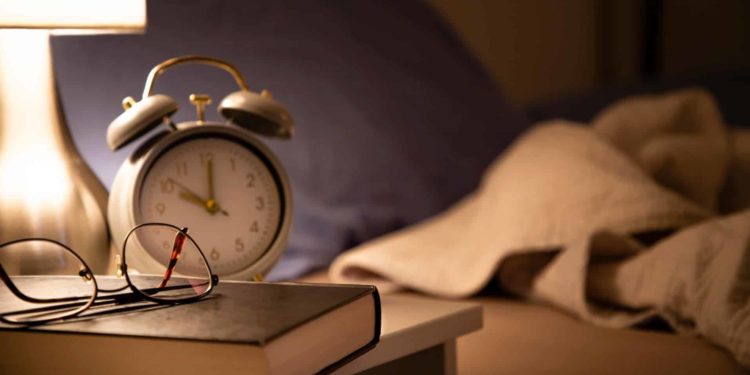The value of quality sleep is often underestimated by many people. Experts recommend that adults sleep between 7 and 9 hours a night. However, a lot of people sacrifice sleep for productivity, screen time or social activities. This is ironic because lack of quality sleep affects all these aspects of life negatively.
Sleep is important not only to renew your energy but also for biological functions such as hormone regulation, muscle growth and neurological functions such as processing and retaining new information. Poor sleep can have a negative effect on your thinking ability, mood, heart health, and immune health.
The following are some of the Dos and Don’ts for quality sleep.
Dos
-
Sleep and wake up at consistent times every day. Going to bed and waking up at the same time sets our circadian rhythm which helps the body feel sleepy at that time each day.
-
Do calming activities such as yoga or baths before bedtime. This helps put the body in a restful state that is conducive for sleep. Yoga helps you experience deeper and more restorative sleep.
-
Spend more time in natural light during the day. Sunlight is important for regulating the melatonin circadian rhythm which enhances sleep at night.
-
Invest in quality mattress and bedding. A good mattress keeps your spine in proper alignment which ensures a comfortable sleep.
Don’ts
-
Do not use your devices or light emitting screens before bedtime. These devices not only serve as a distraction but also interfere with the release of melatonin.
-
Do not eat late into the night. Eating right before bedtime may cause indigestion and heartburn. It is recommended that you eat at least 3 hours before going to bed to allow ample time for digestion.
-
Avoid caffeine for at least five hours before bedtime. Caffeine promotes wakefulness by blocking adenosine, a sleep-inducing chemical.
By prioritizing sleep and adopting healthy sleeping habits you can significantly improve your physical health, cognitive functions and emotional wellbeing.















